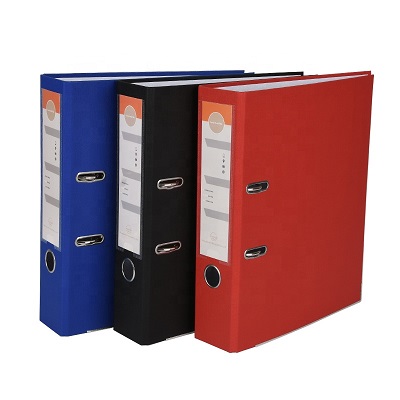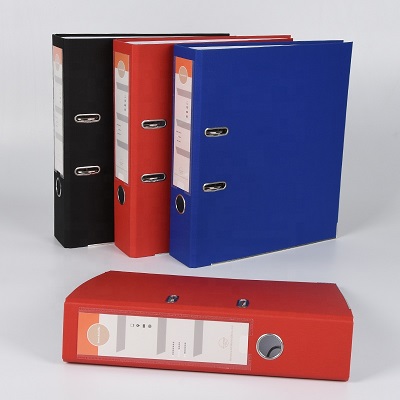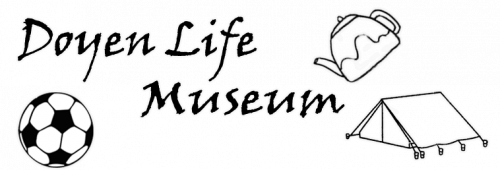Are you struggling to keep your files organized and efficient? If so, you're not alone. A lot of people have trouble keeping their files in order, especially when they have a lot of them. In this blog post, we will discuss some tips on how to organize your files for maximum efficiency. By following these tips, you will be able to find what you need quickly and easily!

Paper Documents:
Store files in an easily accessible place
One of the best ways to organize your files is to store them in an easily accessible place. You should choose a place that is close to your workspace so that you can quickly grab a file when you need it. A filing cabinet or a desk drawer are both good options. If you have a lot of files, you may want to consider investing in a storage system that can be mounted on the wall. This will help to keep your files organized and make them easier to find. Whatever storage system you choose, make sure that it is durable and easy to use.
Label everything clearly
One of the most important things you can do to keep your files organized is to ensure that everything is clearly labeled. This may seem like a simple task, but it's amazing how easily labels can get lost or smudged over time. By taking the time to label everything clearly, you'll be able to find what you're looking for more easily and avoid frustrating search sessions. In addition, clearly labeled files tend to be more orderly and presentable, making a better impression on potential clients or employers. Whether you're organizing your personal files or those of a business, take the time to label everything clearly and you'll reap the benefits of a well-organized system.
Use binders for files to keep things organized
As anyone who has ever dealt with a cluttered desk knows, papers have a way of accumulating quickly. Binders provide an easy way to keep all of your papers organized and in one place. Plus, they are relatively inexpensive, so you can buy a few different colors and use them to color-code your files. Binders for files are also stackable, so if you need to create additional storage space, you can simply add another binder to the top of the pile. Finally, binders come in a variety of sizes, so you can choose one that will fit all of your papers without being too bulky or difficult to store.
Electronic Documents:
Backup your files regularly
As any computer user knows, data loss can be a frustrating and even costly experience. Whether it's the result of a software crash or a hardware failure, losing important files can be a major setback. That's why it's important to backup your files regularly. By keeping a copy of your data in a safe location, you can minimize the risk of data loss and ensure that you always have access to the latest version of your files. There are many different ways to backup your data, including using an external hard drive or cloud-based storage service. No matter which method you choose, the most important thing is to make sure that you backup your files on a regular basis.

Purge old files occasionally
One of the best ways to get your files organized is to purge old, unused ones every so often. This may seem like a tedious task, but it's actually quite easy and only takes a few minutes. Simply go through your folders and delete any files that you no longer need. Once you've deleted the unnecessary files, your folders will be much easier to navigate and you'll be able to find what you're looking for more quickly. So don't be afraid to clean out your folders every once in a while - it can make a big difference in terms of organization.
Conclusion
In conclusion, organizing your files for maximum efficiency is a process that takes time and practice to perfect. However, by following the tips in this article, you can make the task much easier and streamline your workflow. Do you have any additional tips or tricks for efficient file organization? Let us know in the comments below!
